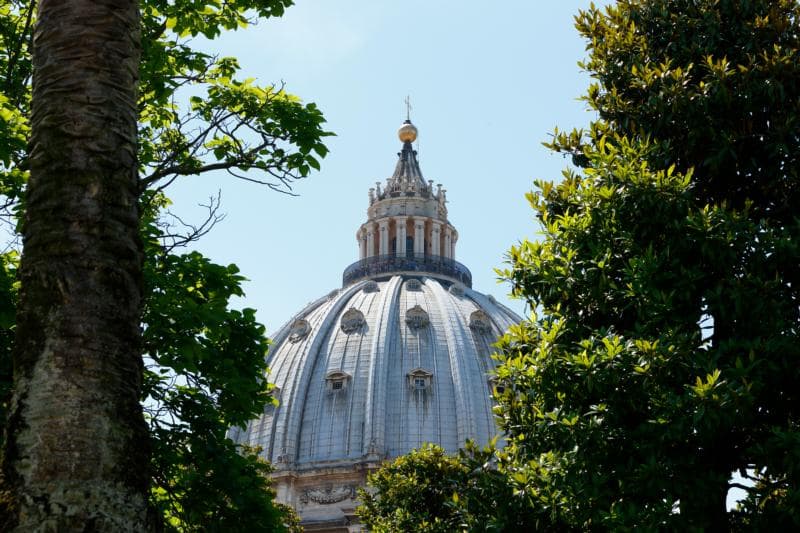ROME – In an editorial piece under his new position as the man in charge of setting the tone for Vatican communications, veteran Italian journalist Andrea Tornielli has called media coverage ahead of a February abuse summit “excessive,” saying the main point of the meeting is getting lost amid the fuss.
Titled “Meeting among pastors with a specific purpose,” in a Jan. 10 editorial for Vatican News, Tornielli said there are “excessive media expectations” regarding a Feb. 21-24 Vatican summit on protecting minors called by Pope Francis for the presidents of bishops’ conferences around the world, and the event is being covered “as if it were … halfway between a council and a conclave.”
“These expectations risk overshadowing the ecclesial significance of a meeting among pastors, among Presidents of Episcopal Conferences of the whole world who, together with the Successor of Peter, will reflect on the theme of abuse,” Tornielli said.
Tornielli, a longtime reporter and Vatican analyst for the Turin daily La Stampa and for the Italian site “Vatican Insider,” was named by Francis as editorial director for the Dicastery of Communications on Dec. 18 – a new position responsible for coordinating the Vatican’s editorial operations.
In Thursday’s editorial, he said the emphasis of the February meeting ought to be on “the universality that is typical of the Catholic Church and that reverberates in the meeting.”
Called by Francis to address the global clerical abuse crisis scarring Catholicism throughout the globe, the summit will gather together some 180 officials, including the heads of bishops’ conferences, members of Vatican departments, members of religious orders and victims themselves.
Given the scandals that prompted the gathering, many consider the February summit Francis’s most high-stakes maneuver since taking office in 2013.
“The presence of bishops from all over the world, called together for the first time to address this painful plague which has been, and is, a source of enormous suffering for victims and of counter-witness to the Gospel, will help to increase everyone’s awareness of the seriousness of the crisis,” Tornielli said, adding that the abuse of minors and abuse prevention “will thus be examined from a perspective that is not solely European or American.”
He said the purpose of the meeting, rather than coming up with sweeping changes, is “to ensure that everyone taking part in it can return to their own country being absolutely clear about what must (and must not) be done with regard to addressing these cases. Namely, what steps must be taken to protect the victims, with respect for the truth and the people involved, in order to ensure that no more cases are stonewalled or covered up.”
When it comes to Church law and legislation, Tornielli stressed the importance of waiting for the summit to happen before speculating what proposals might be made. When this happens, clarifications will likely be made on some parts of canon law that already exist, he said, adding that “this is not a ‘year-zero’ in the fight against abuse,” as several steps have already been taken in the past 16 years.
“The rules on how to respond have been established and strengthened by the will of recent popes,” he said, and with a spiritual tone cautioned that laws and procedures, even when updated and clarified, “can never be enough” if those who are charged with applying them do not convert.
“For this reason, it is important that each of the participants in the meeting listen to the testimonies of surviving victims, and take the witness of Benedict XVI and his successor as an example,” he said, noting that in the past 10 years both Benedict and Francis have met with abuse survivors in different parts of the world.
Quoting Francis, Tornielli said even one case of abuse would be “something itself monstrous,” and the February meeting will serve as an opportunity “to make past mistakes opportunities for eliminating” the scourge of abuse, “not only from the body of the Church but also from that of society.”










